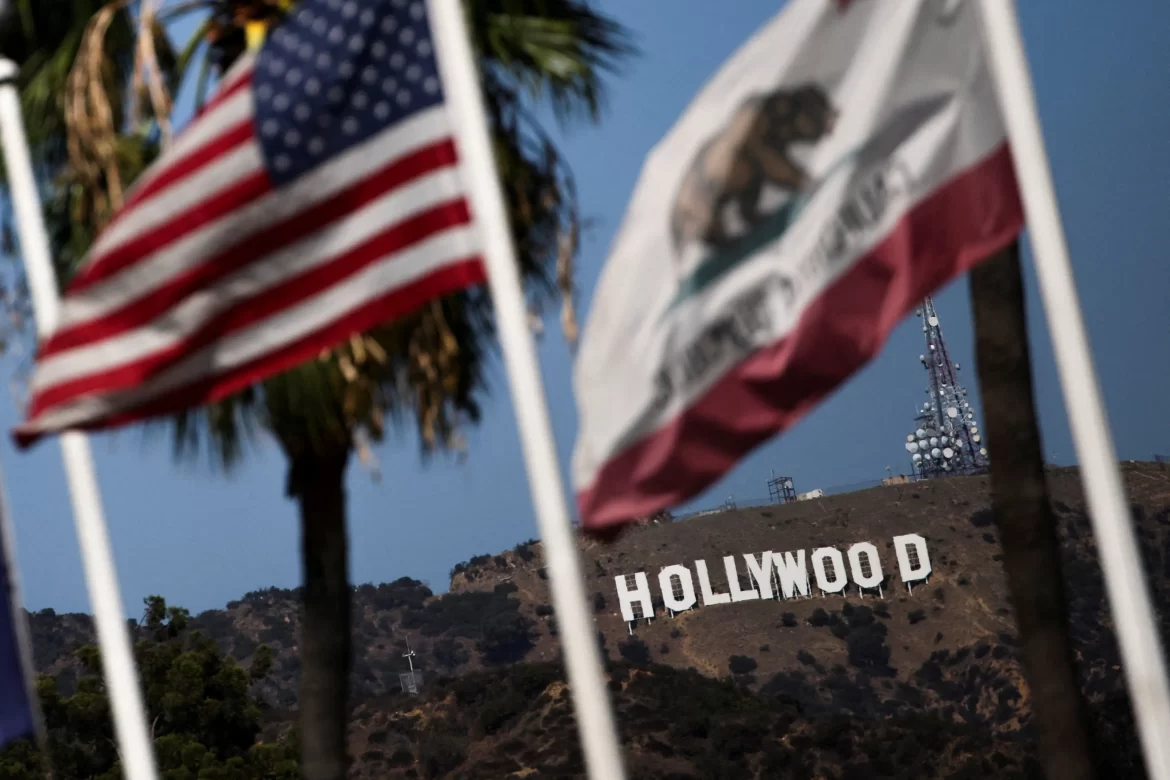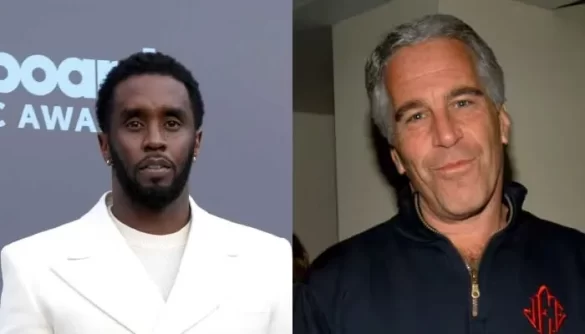SYDNEY / LONDON / LOS ANGELES / PRAGUE:
The global film industry continues to power ahead with international productions, shrugging off U.S. President Donald Trump’s renewed threat to impose steep tariffs on movies made outside the United States.
From Britain’s soundstages to Australia’s post-production houses and Hungary’s packed studios, film crews are busy despite Washington’s revived warnings of a 100% import tax on foreign-made films — a measure Trump says is needed to bring jobs back to Hollywood.
The proposal, first floated in May, briefly rattled the global entertainment business and froze several financing deals as producers weighed potential losses if the tariffs were enacted. This time, however, the reaction has been far more subdued.
“Other than an initial flurry of concern, people aren’t taking it as seriously as before,” said Lee Stone, partner at London law firm Lee & Thompson, which worked on Netflix’s Emmy-winning Adolescence. “The first announcement caused temporary paralysis, but that sense of panic just isn’t there now.”
Global production momentum remains strong
Data from industry tracker ProdPro shows that overall spending on film and scripted television has dipped about 15% from last year, largely due to fewer big-budget projects. But there’s no sign that Hollywood studios are retreating from global production hubs.
“We haven’t seen any evidence that studios are shifting production back to the U.S. because of tariff fears,” said Alexander LoVerde, CEO of ProdPro.
The U.S. remains the world’s largest production center, with $16.6 billion in spending over the past 12 months. Yet American studios and streaming services spent $24.3 billion abroad in the same period — taking advantage of generous tax credits, lower labor costs, and top-tier facilities.
The United Kingdom emerged as a leading destination, drawing $8.7 billion in foreign production spending — including Disney’s upcoming Star Wars: Starfighter, slated for a May 2027 release. Canada followed closely with $6.4 billion, while Australia, Ireland, Hungary, and Spain together accounted for nearly a quarter of all global production activity.
YouTube Star MrBeast Meets Bollywood’s Khans in Riyadh: Speculations of New Project Arise
Pandemic and strikes fueled the shift
The pandemic and the 2023 Hollywood writers’ and actors’ strikes accelerated a migration that was already underway.
“During COVID, Australia became a production bubble — especially in Queensland — where filming could continue even when much of the world shut down,” said Kirsten Stevens, a film expert at the University of Melbourne.
Several countries have since sweetened their incentives. Prague raised its tax rebate from 20% to 25% this year, while Britain now offers up to 25.5% in relief on qualifying films and TV projects, and even higher rates for animation and smaller independent films.
“Hungarian soundstages are currently at full capacity with both international and domestic productions,” said Csaba Kael, Hungary’s government commissioner for the motion picture industry. “Any U.S. trade policy changes would take time to implement.”
24-hour filmmaking across time zones
Hollywood’s increasingly global workflow has also made overseas production logistically attractive.
“It’s not uncommon for a high-end film to have teams in Australia, New Zealand, London, and elsewhere — all working around the clock,” said Emmy-nominated visual effects expert Mike Seymour from the University of Sydney. “Films are literally being worked on 24 hours a day across time zones.”
Studios push for incentives, not tariffs
For now, Hollywood studios are continuing business as usual — while quietly lobbying for U.S. tax breaks instead of tariffs.
“The film industry hates uncertainty,” said entertainment lawyer Stephen Weizenecker of Barnes & Thornburg in Atlanta. “When projects hesitate, they often stop altogether.”
A coalition of unions, guilds, and veteran actor Jon Voight has urged Trump to support a federal tax incentive that could make U.S. productions more competitive globally.
“What we really need is a national incentive that works better than tariffs,” said one studio executive.
A bipartisan bill — the CREATE Act — currently before Congress would extend expiring tax deductions for U.S. productions and raise the cap on deductible costs.
Still, industry players abroad remain wary of what could happen if Trump follows through.
“It’s difficult to know whether this will really happen,” said one European visual artist, who requested anonymity over fears of losing financing. “But if it does, the consequences would be devastating.”















